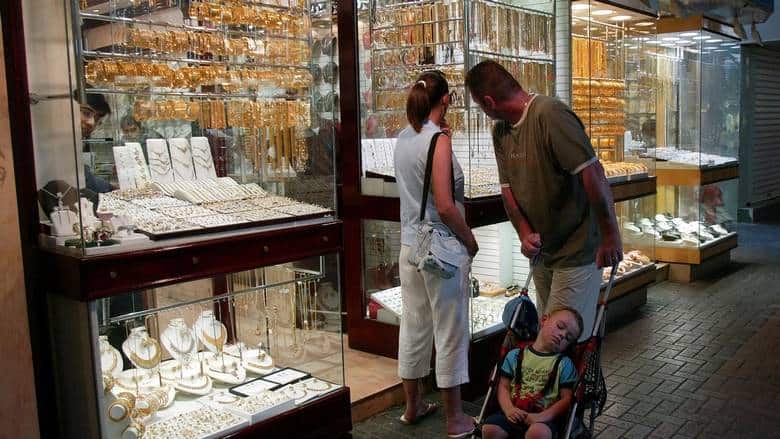-
Increased vaccinations, protective measures, contactless in-store experience key to rebuilding UAE consumers’ confidence
-
73% of consumers admit to have changed their shopping habits to adapt to the ‘new normal’
About 46 percent of UAE consumers expect the effects of the Covid-19 pandemic to last at least another year, according to a study commissioned by Kearney.
Increased vaccinations (47 percent) and continued protective and social distancing measures (28 percent) will be key to rebuilding UAE consumers’ confidence to visit public places such as stores, restaurants and supermarkets, said the study that explores consumer shopping habits since the onset of the pandemic.
It also highlights that expenditure on essential items, which comprise food and beverage (F&B) as well as non-F&B items, has shown a sustained increase, while spending on non-essentials such as clothes, bags and accessories continues to decline.
As many as 73 percent of consumers have admittedly changed their shopping habits to adapt to the “new normal”, with a larger portion of women reporting changed habits (81 percent) than men (67 percent). Those aged between 30-45 recorded the highest change (80 percent) followed by those under 30 years of age (73 percent).
When looking more closely into how habits have changed, 23 percent have reduced expenditure on essential items by up to 50 percent compared to the pre-pandemic period.
But over a third (34 percent) of respondents have increased spending by over 25 percent. Conversely, spending on non-essentials has decreased by 41 percent, with only 23 percent of respondents increasing spend in this area.
Within the category of the essential items, 16 percent of respondents have upgraded to higher-priced, better quality items, with the highest increase shown for fruits and vegetables (30 percent), as well as meats and dairy (22 percent)
A fifth (21 percent) of respondents have highlighted that they expect to spend more on non-essentials in the coming months, particularly on activewear (31 percent), workwear (30 percent), casual wear (20 percent), footwear (20 percent), evening wear (17 percent), and bags and accessories (8 percent).
As spending habits evolve, e-commerce continues to penetrate all categories. The survey highlights that UAE consumers are now more comfortable purchasing essentials online compared to last year. When questioned about the motivations behind this, convenience (58 percent) was the main driver, followed by COVID-19 prevention measures (25 percent), assortment of products (13 percent) and finally, price (4 percent).
Interestingly, COVID-19 prevention measures ranked third for online shopping for non-essential items (21 percent), preceded by convenience (49percent) and price (25percent), with assortment of products (5 percent) ranking last.
While increased vaccinations and continued protective and social distancing measures were the key drivers of restoring consumer confidence in visiting public places, a contactless in-store experience (16%) and alternative shopping options (9%) such as click & collect, and curbside pick-ups were highlighted as other methods of shopping that would increase confidence.
“Retailers will need to adopt a differentiated strategy to make consumers feel safe in stores. UAE consumers are heavily indexed towards vaccinations and protective measures but this will vary across markets and it is essential for stakeholders, mall property owners and retailers to monitor the evolving face of retail to ensure they stay relevant,” said Debashish Mukherjee, Partner & Head, Consumer Industries and Retail Practice at Kearney Middle East.








